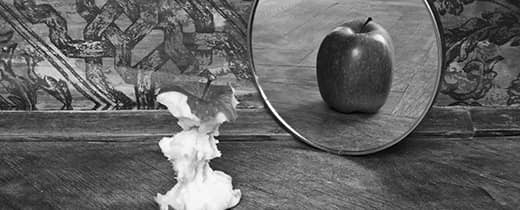Most People make Poor Witnesses
TRUE – Most people make poor witnesses because they (A) are not prepared for the unfamiliar and highly stressful experience of testifying in court; (B) come off quite anxious and/or unnatural; (C) react negatively when confronted and challenged under cross examination; and (D) exhibit fear that they will be unfairly or harshly judged.
Expert Witness Require Little to No Preparation
FALSE – Expert Witnesses suffer equally from performance deficits and can undermine a case by expressing excess certainty or by failing to stand their ground when challenged; failing to support their assertions with authoritative references; failing to support their testimony with visual aids to ensure juror comprehension; expressing excess indignation or anger, or appearing arrogant, when challenged; speaking in professional jargon or being dogmatic; or appearing aloof, too cerebral, or disinterested. Preparation is crucial for effective expert testimony.
Attorneys Should Not Prep Their Own Witnesses
TRUE – The basic problem with counsel-conducted witness preparation is the attorney-client relationship, which gets in the way of both the attorney’s objectivity and the witness’ confidence and ability to benefit from the preparatory exercise. Additionally, attorneys are not trained in psychological assessment and will usually lack skill in diagnosing communication deficits. A skilled consultant can quickly spot critical performance deficiencies and foresee potential pitfalls that will be missed by even the most astute attorney.
Jurors Focus Only on the Content of Witness Testimony
FALSE – Numerous studies indicate that witness likeability is of great importance to jurors. If jurors don’t like and/or can’t identify with a witness, they have a tendency to tune out what he or she has to say or, even worse, to interpret it disparagingly. If, on the other hand, jurors can identify with the witness, they will often disregard negative information and highly incriminating testimony about the witness.
